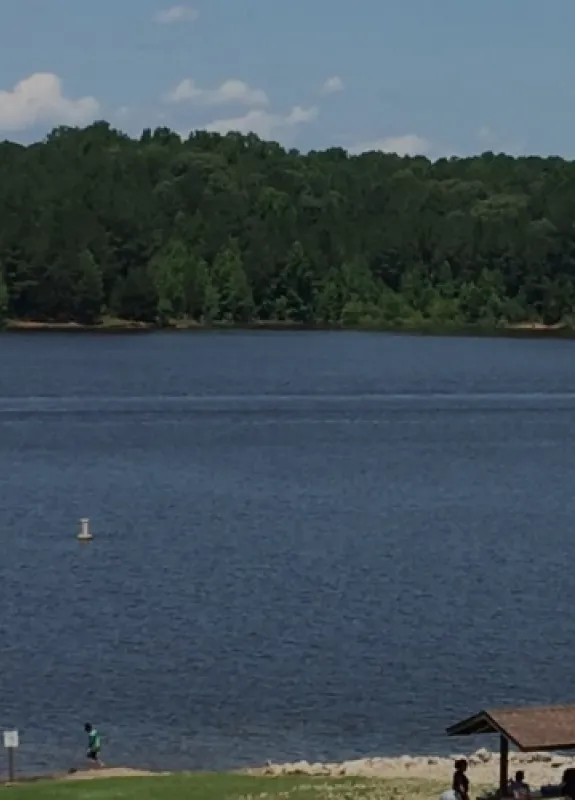half-content-main-title
Developing the Recommendations
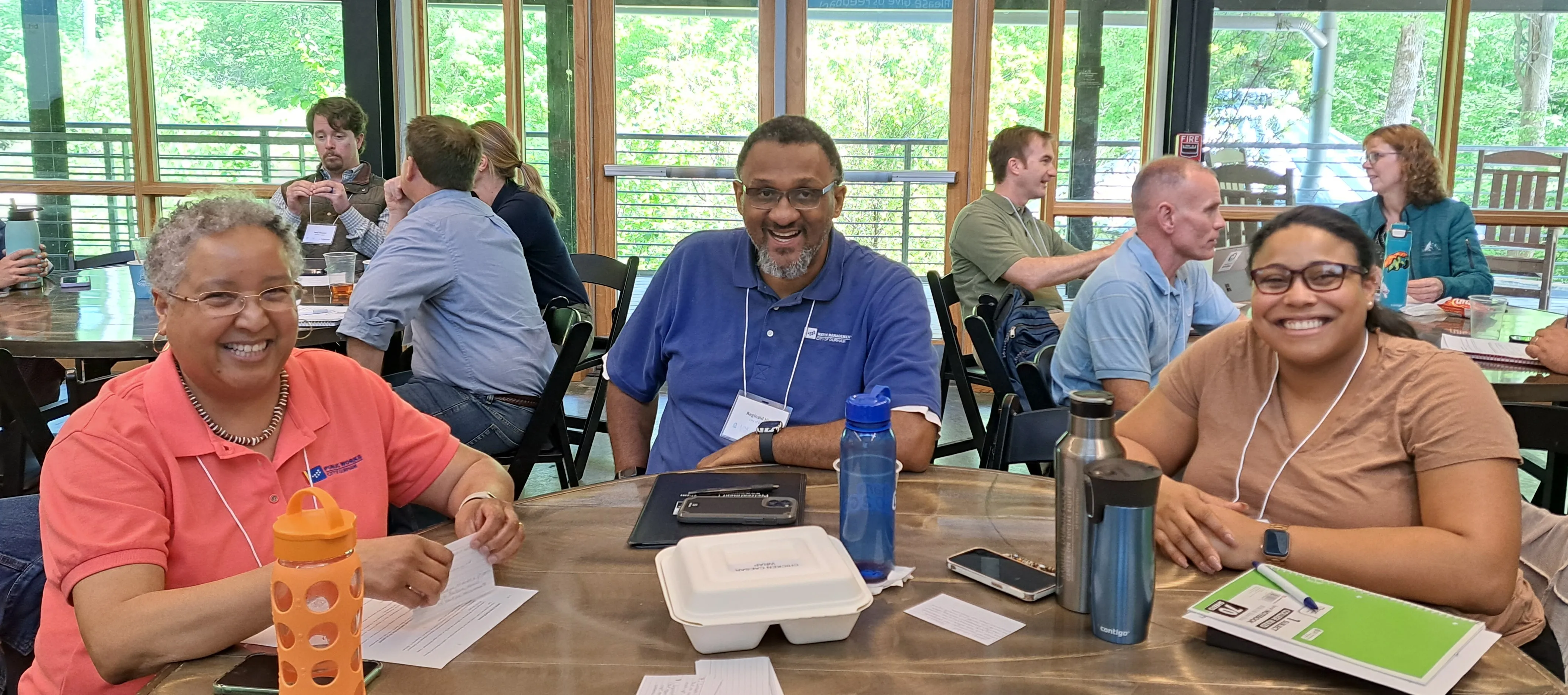
Falls Lake Needs An Updated Strategy
The original Falls Lake nutrient management strategy was passed in 2011. Since then, regulated entities have made significant progress reducing nutrient loading to Falls Lake. Conditions have changed over the past two decades, and new scientific information is available. To protect Falls Lake in the future, an updated strategy is needed.
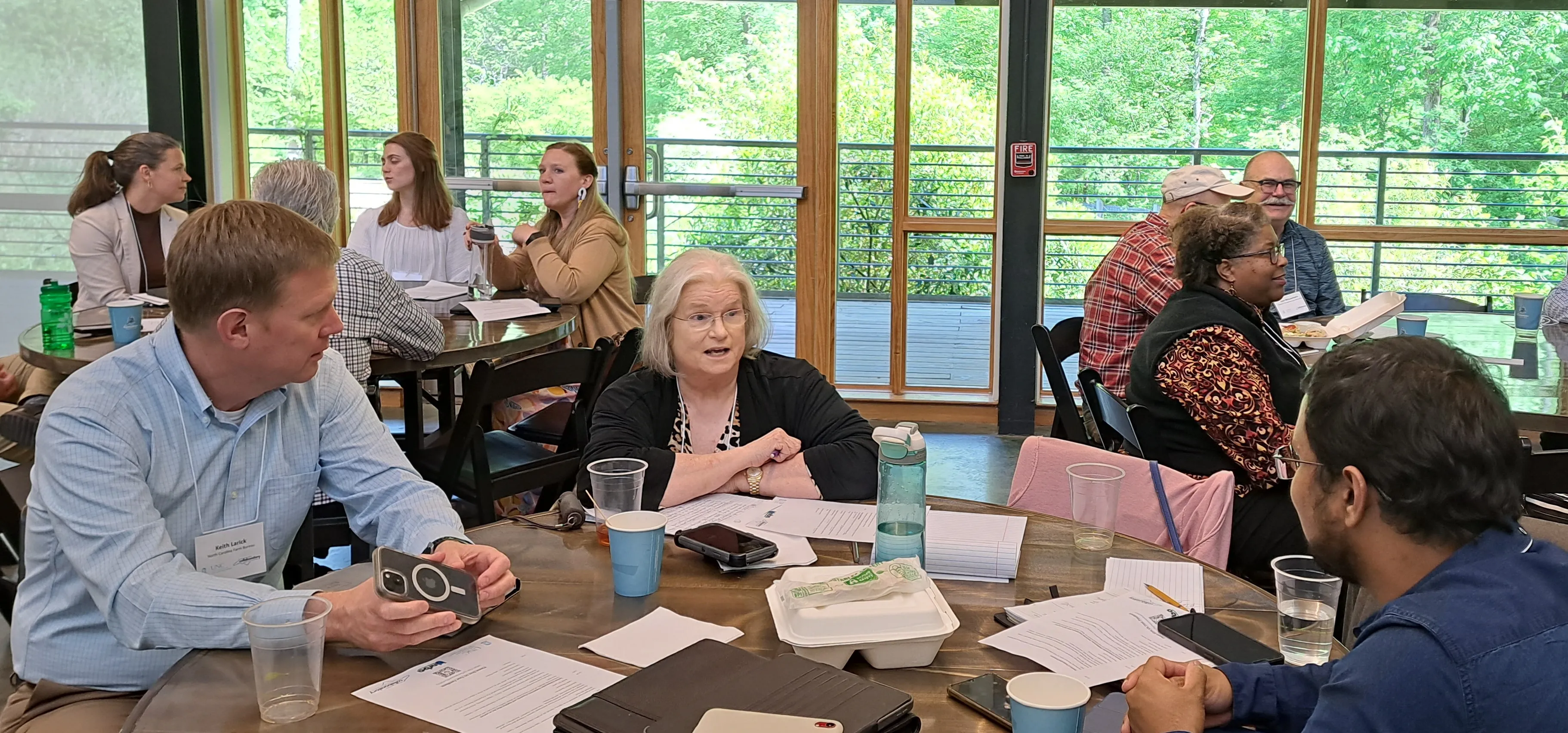
The UNRBA is Finding Better Ways to Address Nutrients
UNRBA members are finding better ways to protect and improve water quality. The Association invested $11 million between 2011 and 2023 to study Falls Lake and the watershed. The UNRBA also developed a new approach to reduce nutrients from developed areas. Environmental conservation groups suggested the concept in 2018. The UNRBA worked closely with these groups and the NC Division of Water Resources to develop a watershed-health approach. More information on this program is available in the UNRBA Resource Library under the “IAIA” section.
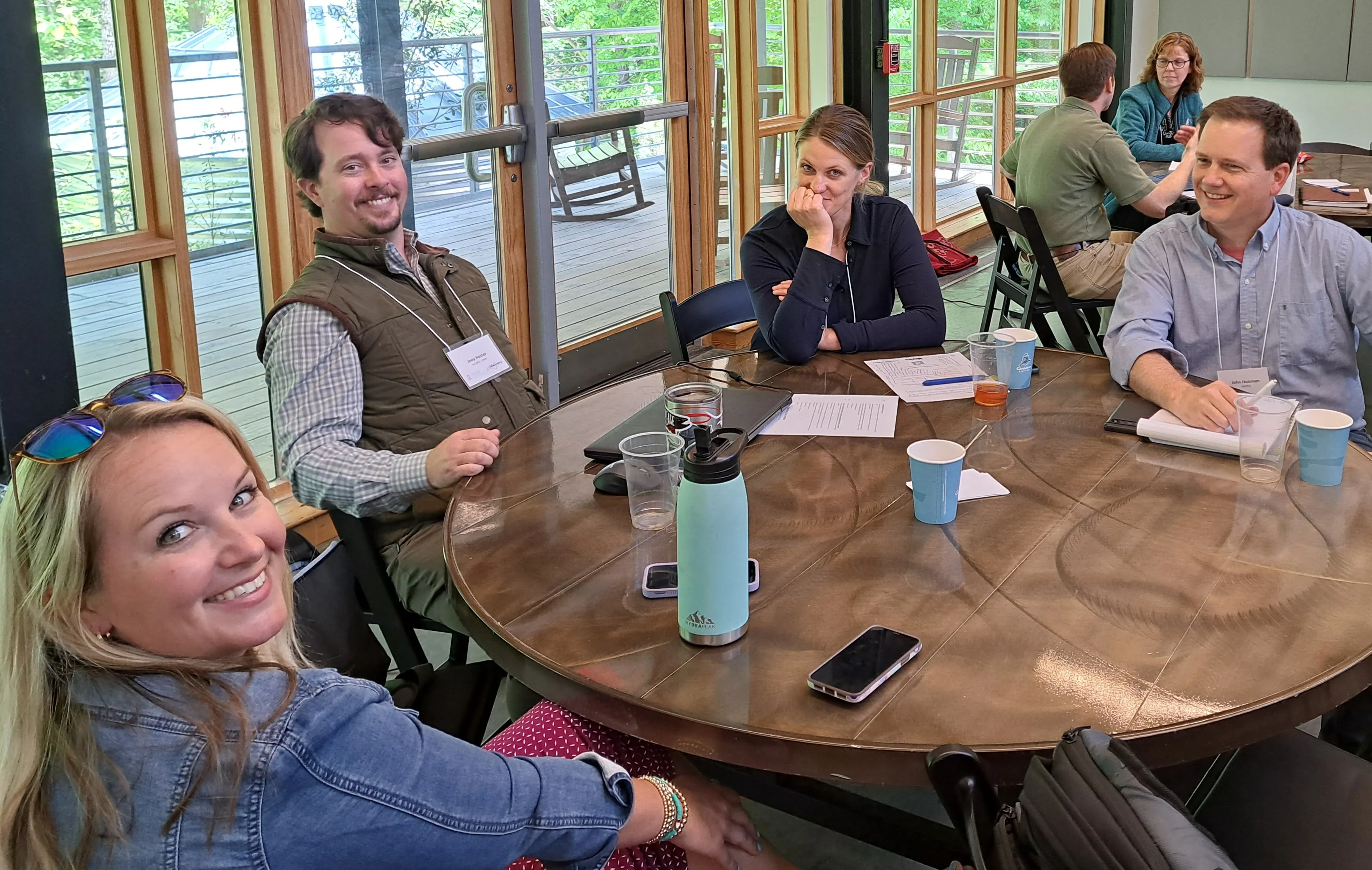
Crafting Recommendations with Watershed Stakeholders
Input from stakeholders was critical to this process. Listening and responding to multiple perspectives helps foster broad support. Representatives from many groups participated in this process:
- Local governments
- Agriculture
- State and federal agencies
- Regulators
- Researchers at the NC Collaboratory
- Environmental interest groups
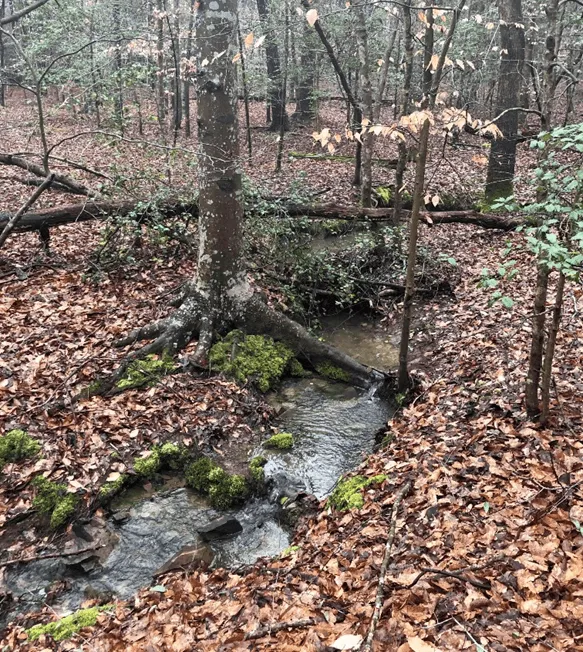
UNRBA Recommendations for the Revised Strategy
The UNRBA developed recommendations to update the Falls Lake nutrient management strategy. These are based on updated scientific information and build on the new compliance approach. The NC Division of Water Resources will consider these recommendations as they revise the Falls Lake Rules.
The UNRBA submitted two documents to NC regulators and lawmakers in November 2023. These products are the culmination of the 12-year UNRBA study. These recommendations were unanimously approved by the UNRBA and each of its members.
- UNRBA Concepts and Principles for Revised Falls Lake Rules describes an updated approach to nutrient management for the watershed. It addresses the history and background of the lake. It also summarizes the underlying technical information for the recommendations.
- The Consensus Principles provide a focused summary.
Key Aspects of the UNRBA Recommendations for Continued Water Quality Improvement
In 2018, the UNRBA began shifting the focus from tracking nutrient reductions to implementing projects. Working with environmental conservation groups, watershed stakeholders, and the NC Division of Water Resources, the UNRBA developed a new compliance program approved in 2021 by the NC Environmental Management Commission. In the first two years of the program, UNRBA members doubled or tripled their investments in beneficial projects compared to the required amount. Based on this interim program, extensive scientific study, and stakeholder input, the UNRBA developed recommendations for a revised strategy:
Next Steps - Readoption of the Falls Lake Rules
Both the UNRBA and NC Collaboratory have submitted their final reports. State agencies are evaluating these submittals and have begun the Falls Lake rules readoption process. The UNRBA is committed to supporting this effort and maintaining momentum. The UNRBA believes that all opportunities for nutrient reduction should be considered and that cooperation should be the key component of the revised strategy. The North Carolina Division of Water Resources anticipates revised rules for Falls Lake by 2027. Interested parties can join the State’s Falls Lake stakeholder list by clicking here.
